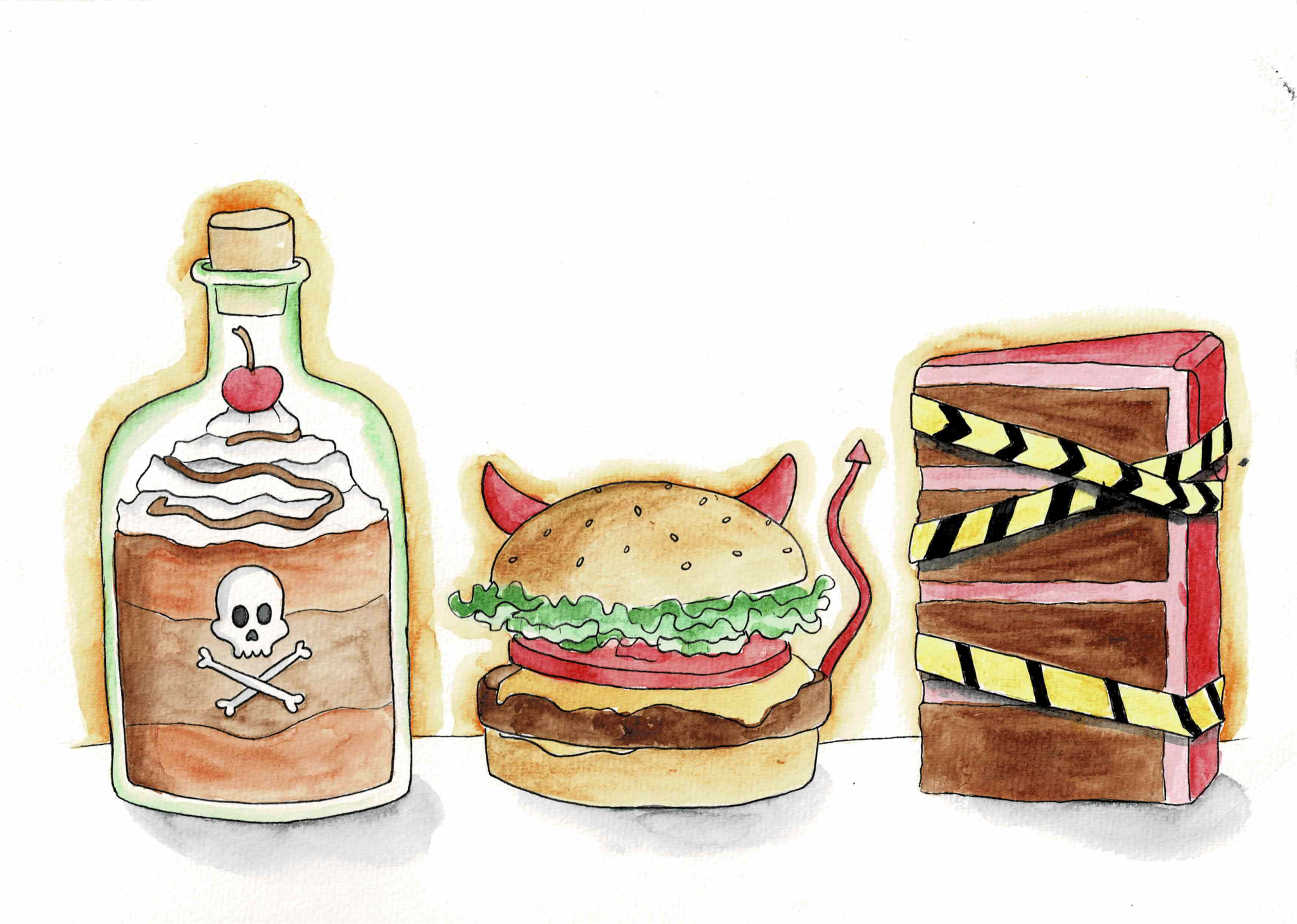Berkeley, as a very progressive city, has long been at the forefront of new ways to eat, specifically ways to eat healthily. From all-organic to keto, vegan, gluten-free, and a whole host of others, Berkeley has seen it all when it comes to diets. Much of this is beneficial to many people, as it can be easier to find a diet that makes them feel good and figure out what foods don’t make them feel good. However, teens are very susceptible to their parents’ influence and the influence of a healthy eating culture. If they are raised seeing others cutting out many different foods or if their parents don’t allow them to eat sugar or other foods, it can have a negative effect on young adults’ relationship with food. Teens especially should not feel shame for occasionally eating sugar or carbs. From a young age, being taught that you have to eat a certain way and that there are good foods and bad food is harmful.
Senior Ava Murakami, President of the Berkeley High School Body Positivity Club, believes all food is good in moderation. “We shouldn’t be labeling foods into good and bad because it tells us that we should only indulge in foods that we think are the ‘right’ choices,” Murakami said. “What you eat is an individual decision and it’s silly that there are categories of good and bad foods.”
The idea of good foods and bad foods can lead people to overanalyzing what they eat and cutting out all kinds food group or specific meals. There are certain choices that it is good to make no matter what. For example, the choice to not eat at fast food restaurants everyday is good for everyone. The problem is in analyzing each individual food you eat and deciding if it is healthy or not and whether it is a good food or not; that is detrimental to one’s mental health and relationship with food. Polaris Teen Center says that 50 percent of teen girls and 30 percent of teen boys use unhealthy weight control behaviors. Having a healthy relationship with food is a struggle for a huge portion of teenagers.
“Oftentimes focusing so much on what you’re eating can lead to picking apart your eating routine and trying to go for the ‘healthiest’ options which often aren’t even what your body needs,” Murakami said.
Trying to eat perfectly healthy and clean can also lead to more harmful practices like calorie counting.
“Starting with trying to eat ‘healthy’ foods can begin with the nutrition labels, and lead to overanalyzing your food and meals,” Murakami said. “Having a calorie count for yourself can put you in a hard position of limiting yourself to certain foods that are just not enough to sustain yourself.”
Eating healthy often means reading ingredient/nutrition labels and doing research to decide what ingredients aren’t healthy, which can then mean cutting out any food that has a certain ingredient.
Being raised by parents who care and have the resources to cook healthy food every morning and evening for their kids is a privilege. In some families where both parents work until late or there is only one parent, there’s no time for cooking meat and vegetables, and fast food restaurants are the easiest and cheapest way to get a meal. Eating healthy or going on a certain diet can be an unaffordable luxury for many people. This can make those who can’t partake feel unworthy or ashamed of their habits for being unable to maintain a perfect, healthy lifestyle.
Ultimately the culture in Berkeley of eating healthy can mean over analyzing what you eat, whether or not the ingredients in it are healthy, and deciding what foods are good or bad. These are not healthy practices for teens to get into. It can lead to a bad relationship with food, calorie counting and other issues. Although it is good to be conscious of what you are eating, it’s important to remember that there is no such thing as bad food and, as Murakami said, “food is fuel.”





